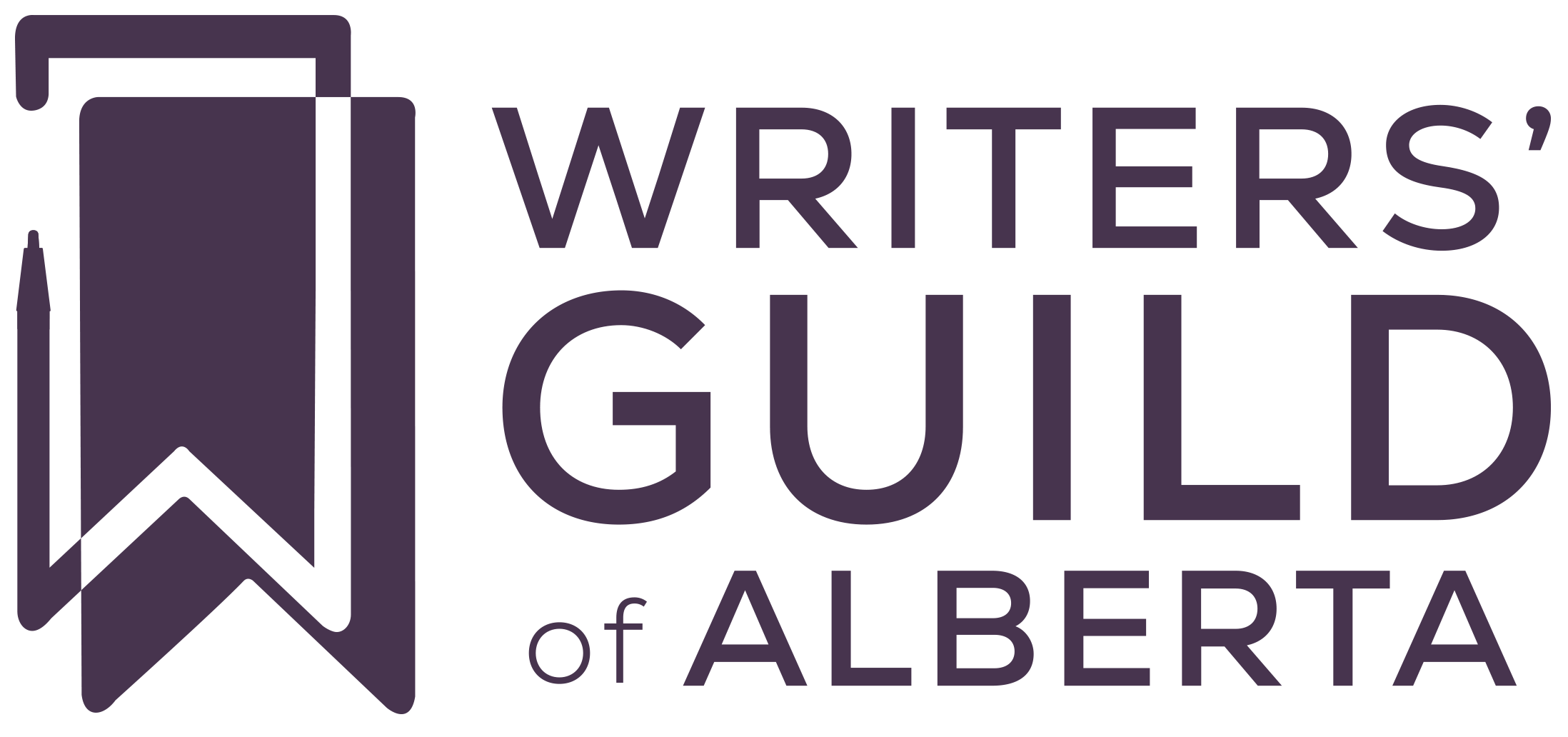Gunnilla Nilsson is a 46 year old writer from Athabasca, Alberta. She has published her master’s thesis in Forest Economics at the University of Alberta, but has now shifted her interests to creative writing. Discovering that creative writing was her true passion took some time for Gunnilla. Following her student life, she worked in the natural resource industry as a professional forester, but later she returned to school to learn how to trim horse’s hooves. It wasn’t until a couple of years into her experience as a hoof trimmer that she began keeping a personal journal, and discovered how soothing it was to put pen to paper.
In the last couple years, Gunnilla has cut back on hoof trimming and has begun writing stories. Gunnilla has recently finished a full-length novel for young readers ages 10-12, Belle and Daisy, which she aspires to publish. Recently, Gunnilla joined the Writer’s Guild of Alberta, and through their amazing services, she hired a professional author to review her manuscript. Gunnilla’s “super star dream” is to be able to make money at creative writing!
Was there a certain event in life that inspired you to become a creative writer or was it a gradual process of understanding yourself that led you to discover what you loved about writing?
I was journaling more and more, because I was going through a stressful period in my life. Then my journaling morphed into a sort-of story and I started writing about myself in third person. Then I started making things up instead of journaling about my real life. I figured if I was spending all that time hiding in writing, I might as well try to make it more interesting than my real life was.
Then the following year, last January, a friend of mine had an idea for a book he thought would be good. A book that needs writing. He threw it out there that I might try to write it. So I did. I was on a mission. I couldn’t stop writing.
Would you say that your writing helped you to address the difficulties you were experiencing or is creative writing more of a way to escape these difficulties in your personal life?
Good question. Both.
The creative writing helps me sort things out in my head. For example, sometimes I give my characters some of my own problems and that gives me a new/different/fresh perspective on my own problems. Then, in the story, I might invent solutions for some of the problems. Also, sometimes as I’m writing stuff appears onto the screen that I’d never thought of before, it’s like my fingertips circumvent my conscious brain, and then I’ll read what I just wrote and think, “Ohhh, I never thought of that before! That’s really helpful!” Also, maybe by giving my characters some of the problems I’m familiar with from real life it can offer insight to whoever reads what I write? I would hope anyway.
In addition, it also helps me escape. I get completely caught up in what I’m writing and transported into the character’s world. Escape is certainly wonderful.
How has living in a less populated region affected your writing and creative processes?
Well, living on a big rural property, I’m often forced to stop writing to go outside to feed horses, fix a fence, gather firewood, or whatever outdoor chores. And sometimes I don’t particularly want to stop writing, but once I’ve gotten outside and done stuff it always feels good and then later when I come back to the writing I’m much fresher. Also, the rural culture definitely enters the stories … and rural settings and nature get into the stories.
My interview with Gunnilla provided me with remarkable insight regarding the process of becoming a writer and how important it is to follow your passion in life. Gunnilla believes that self-fulfillment and loving what you do are principles to live by. She embodies the expression that if you love what you do, success will follow!
